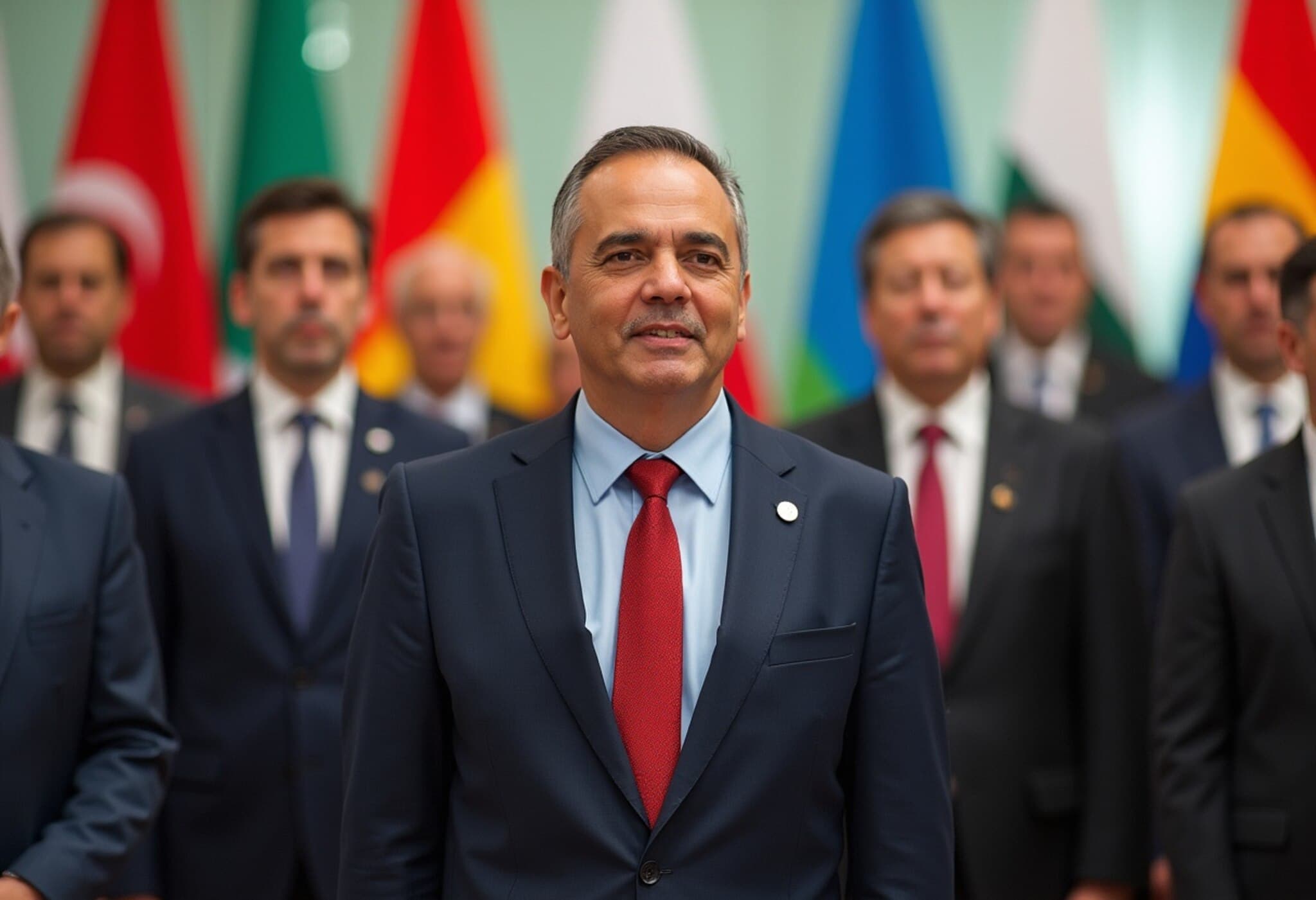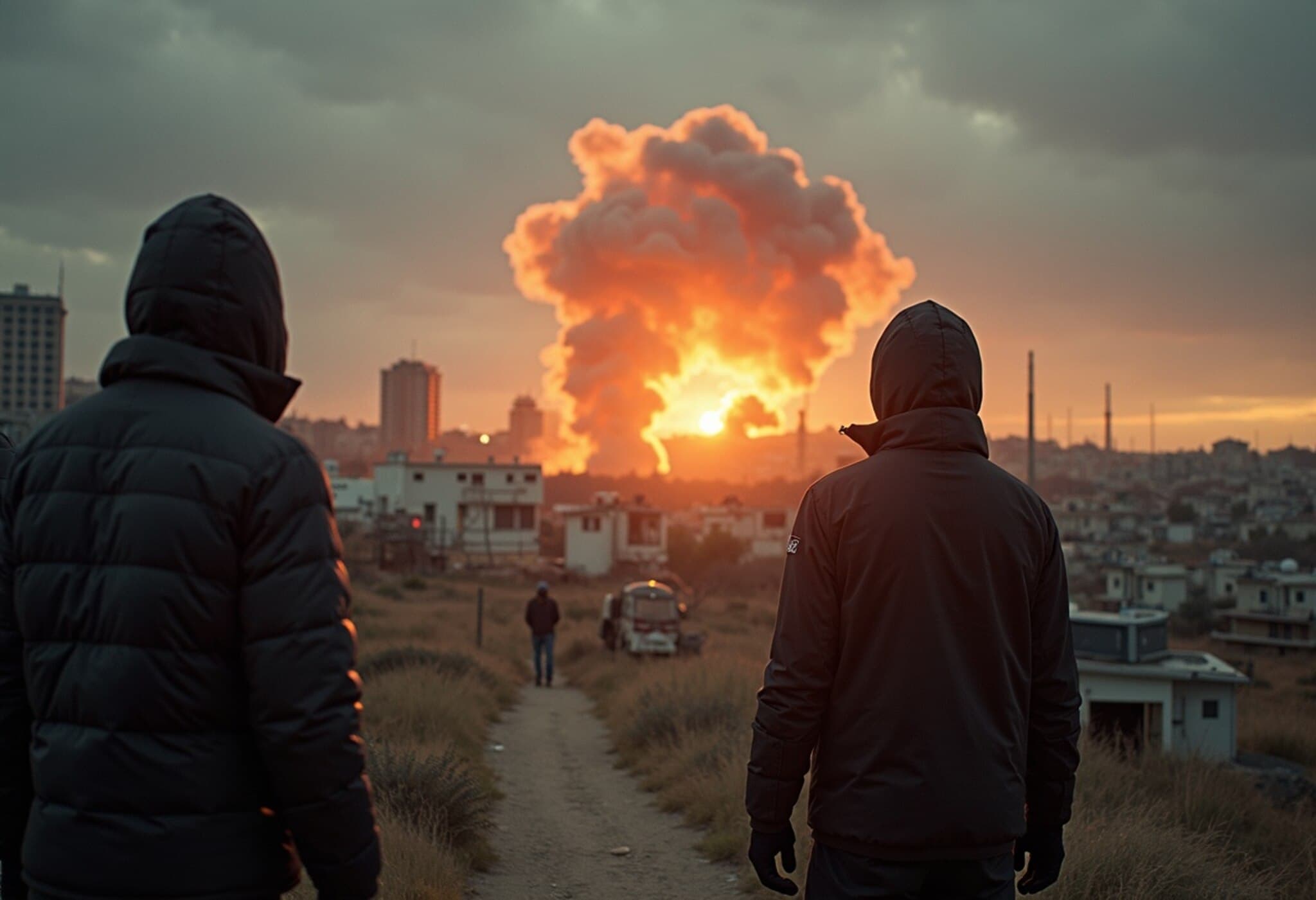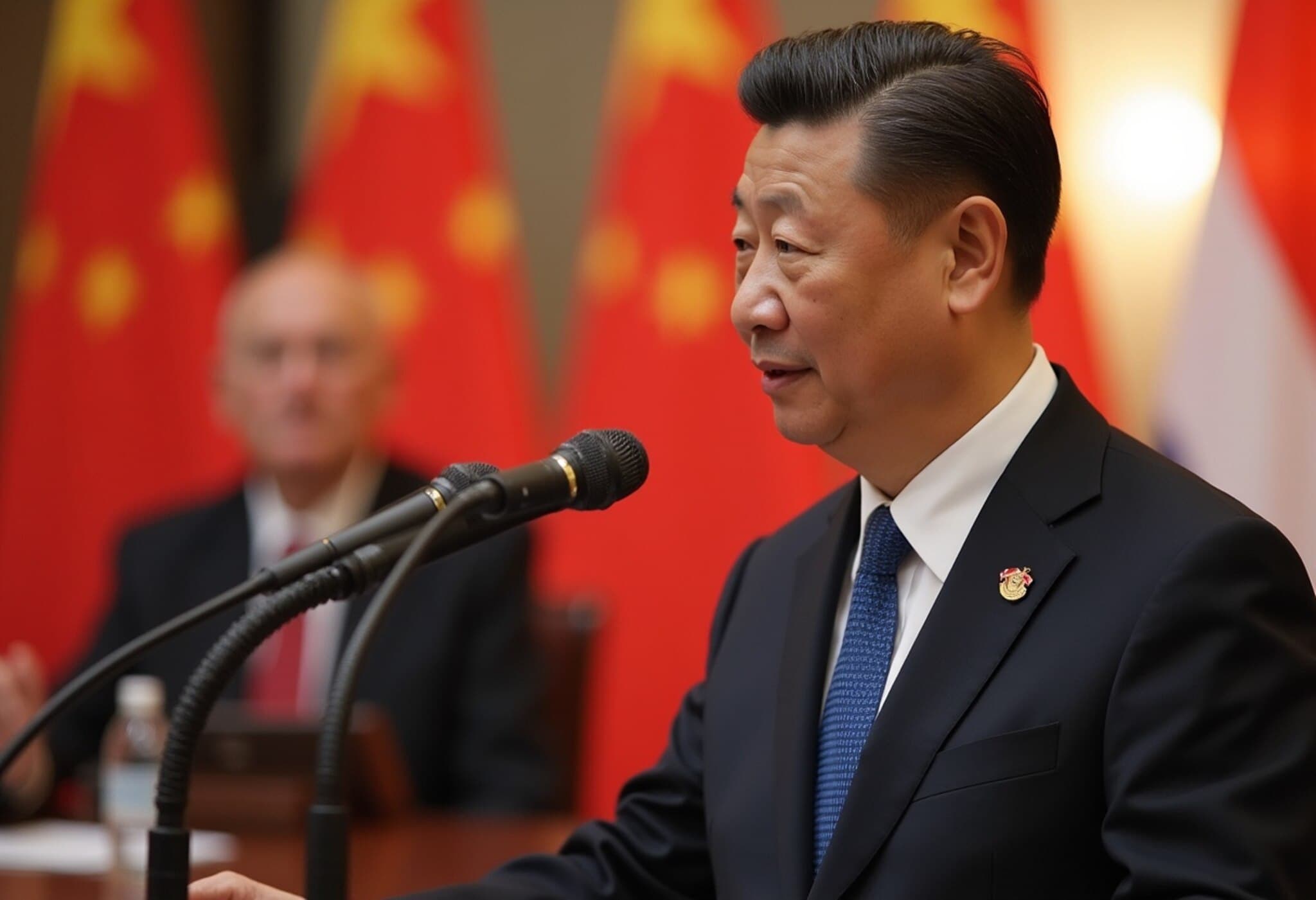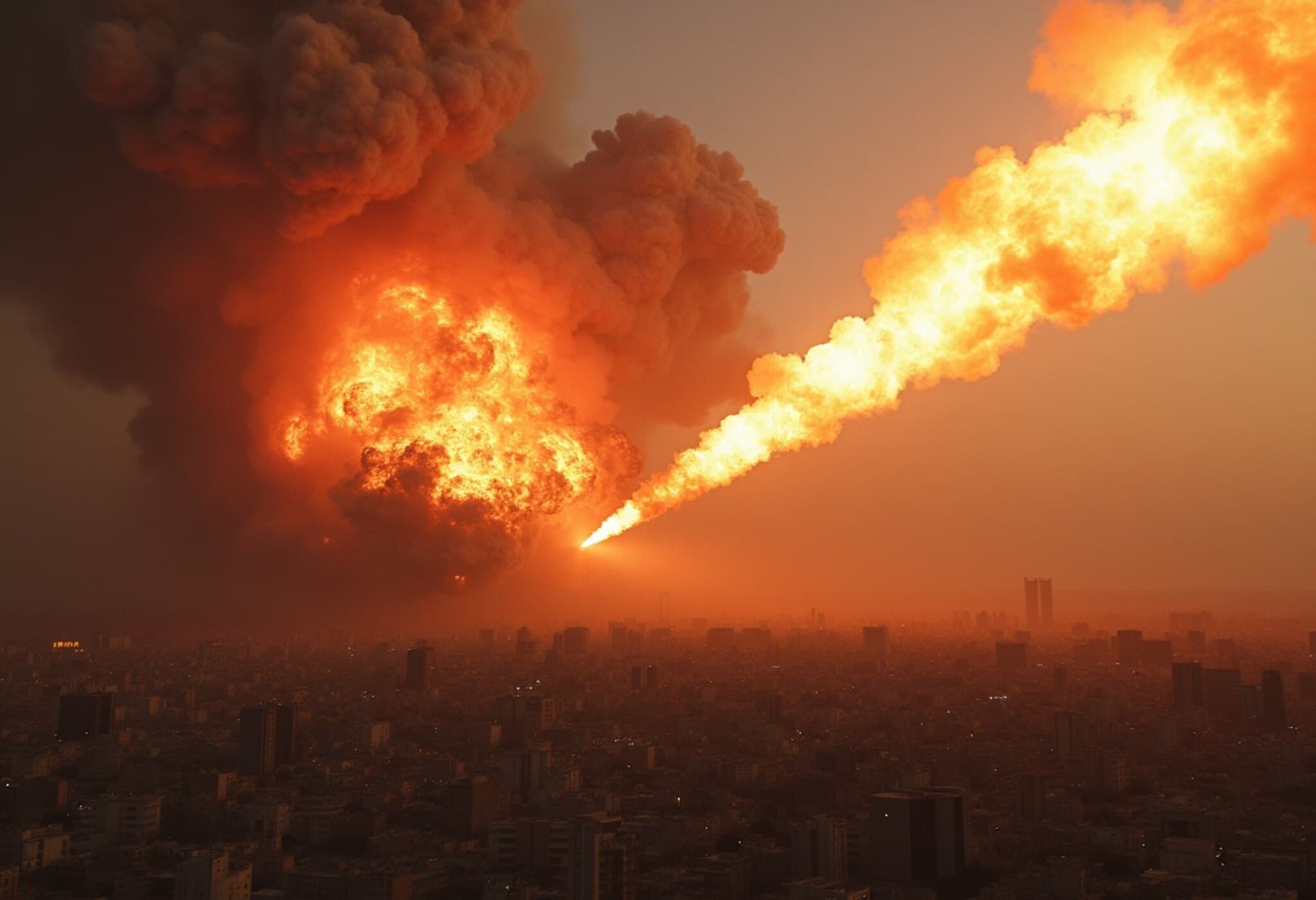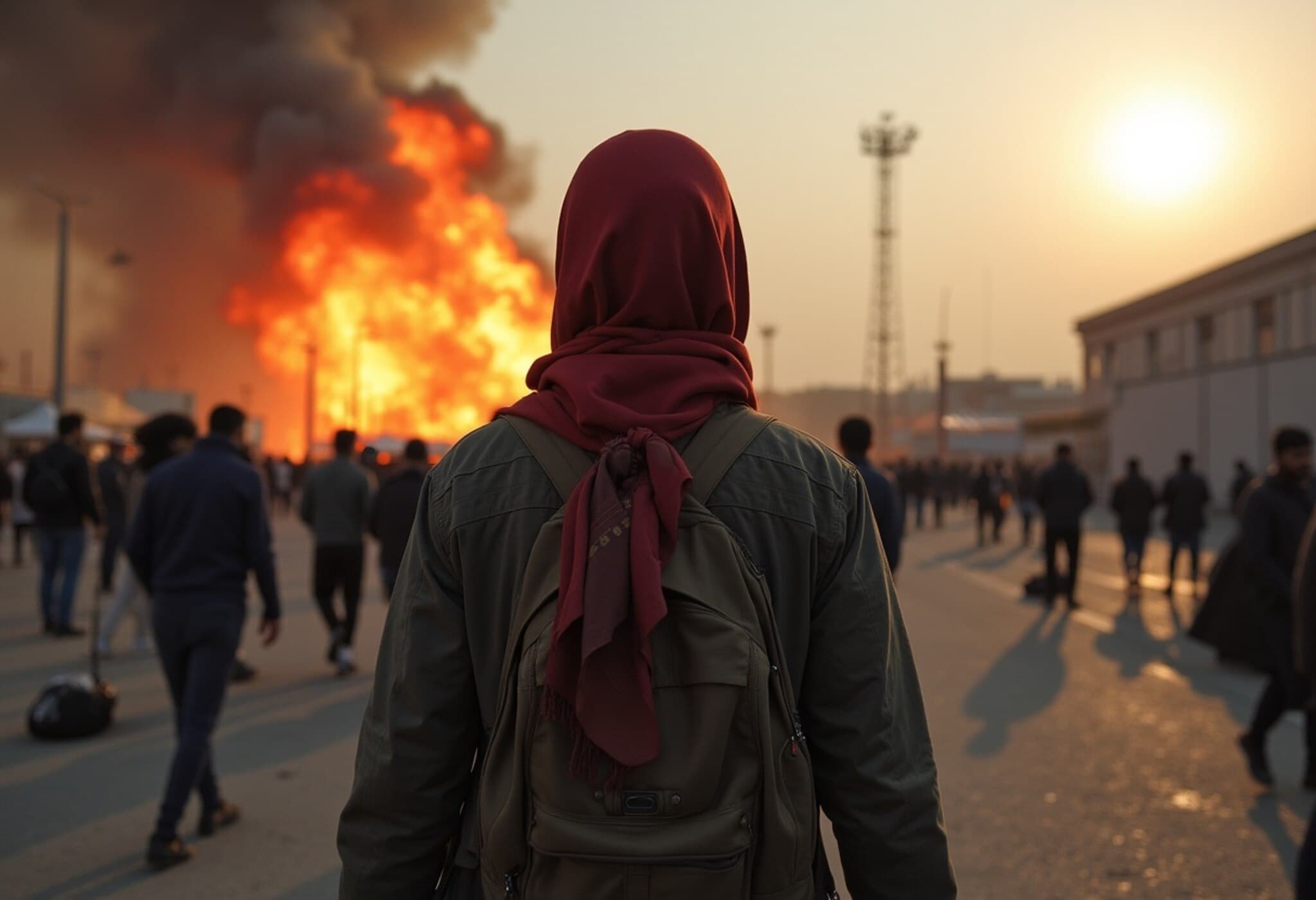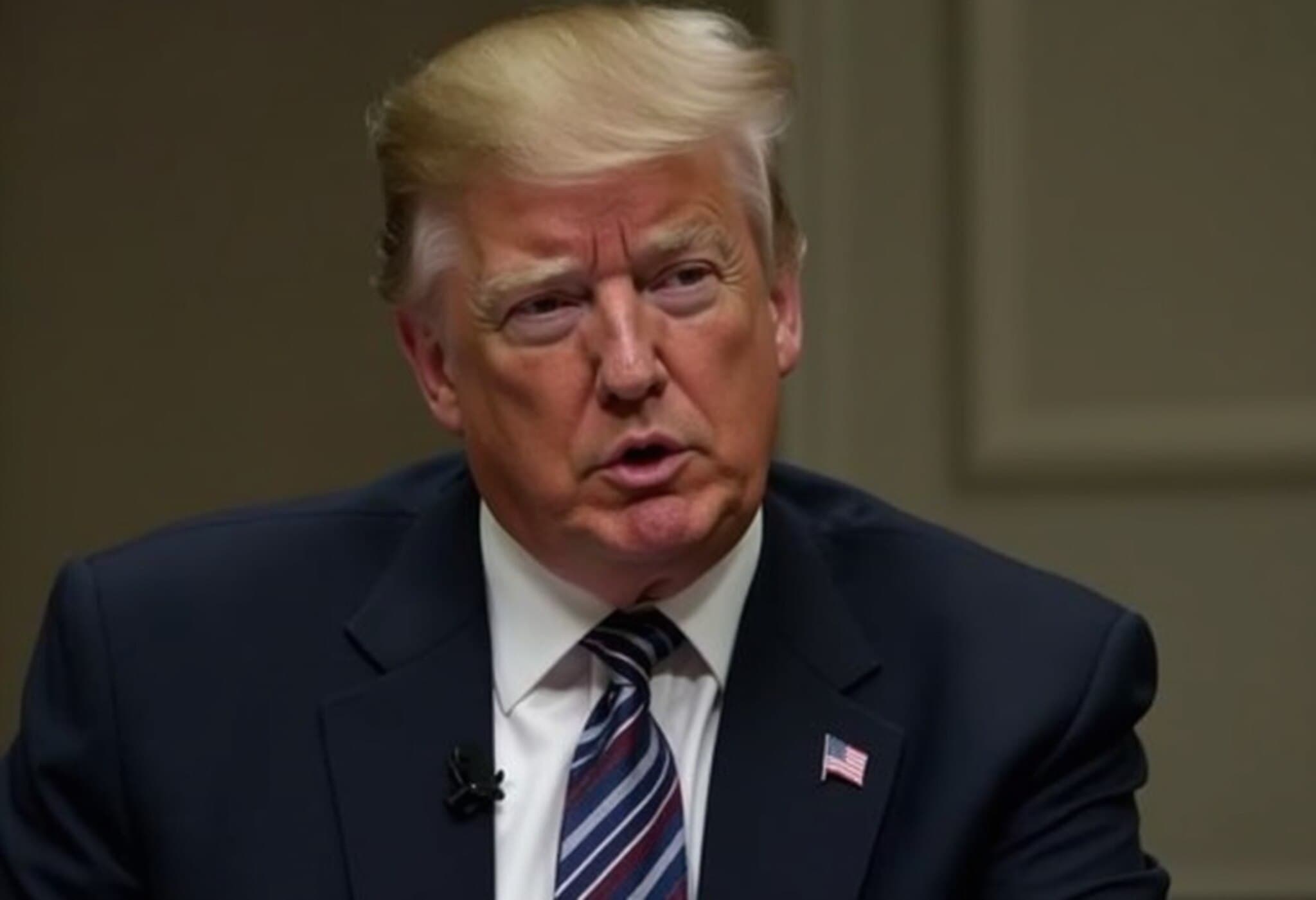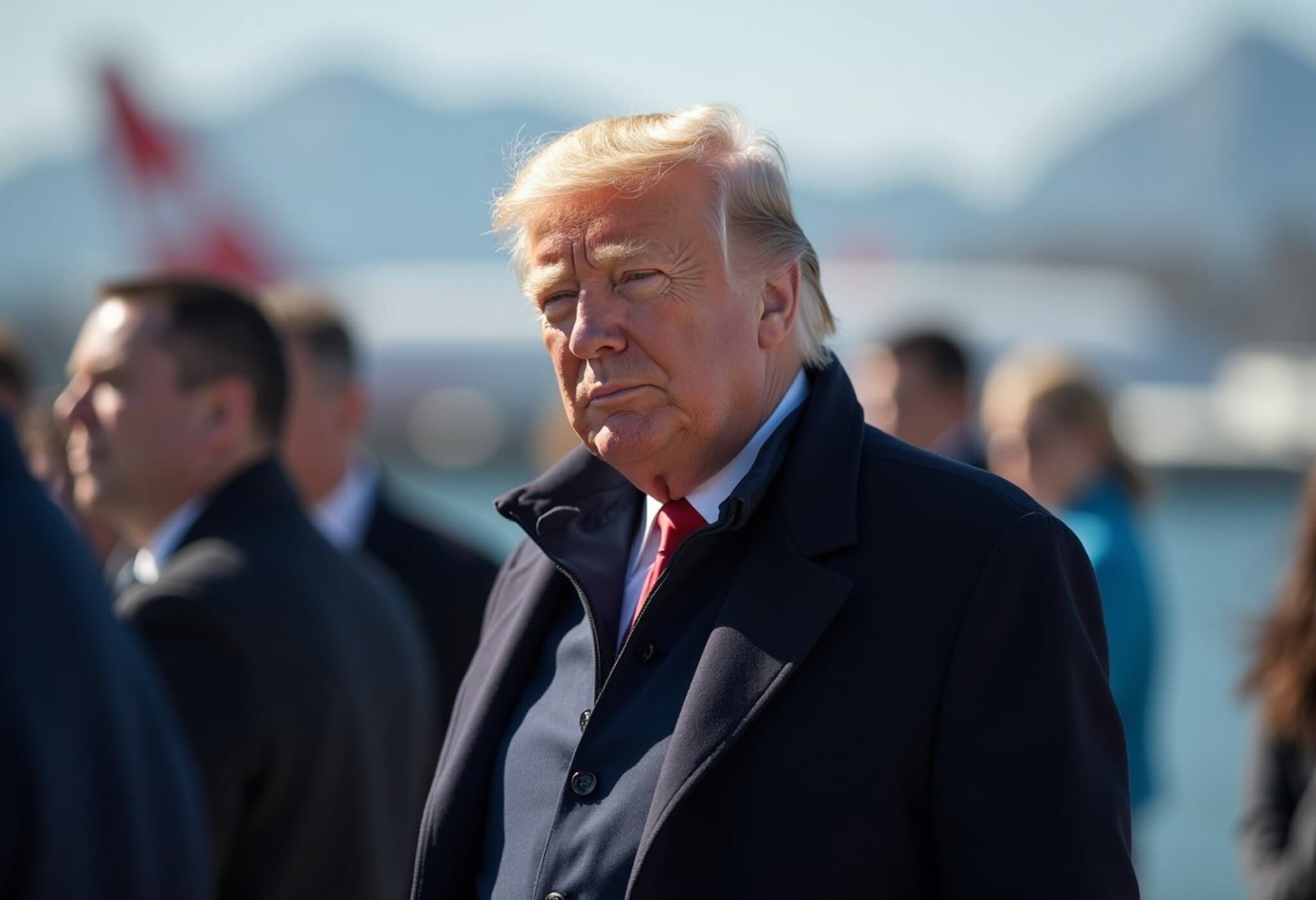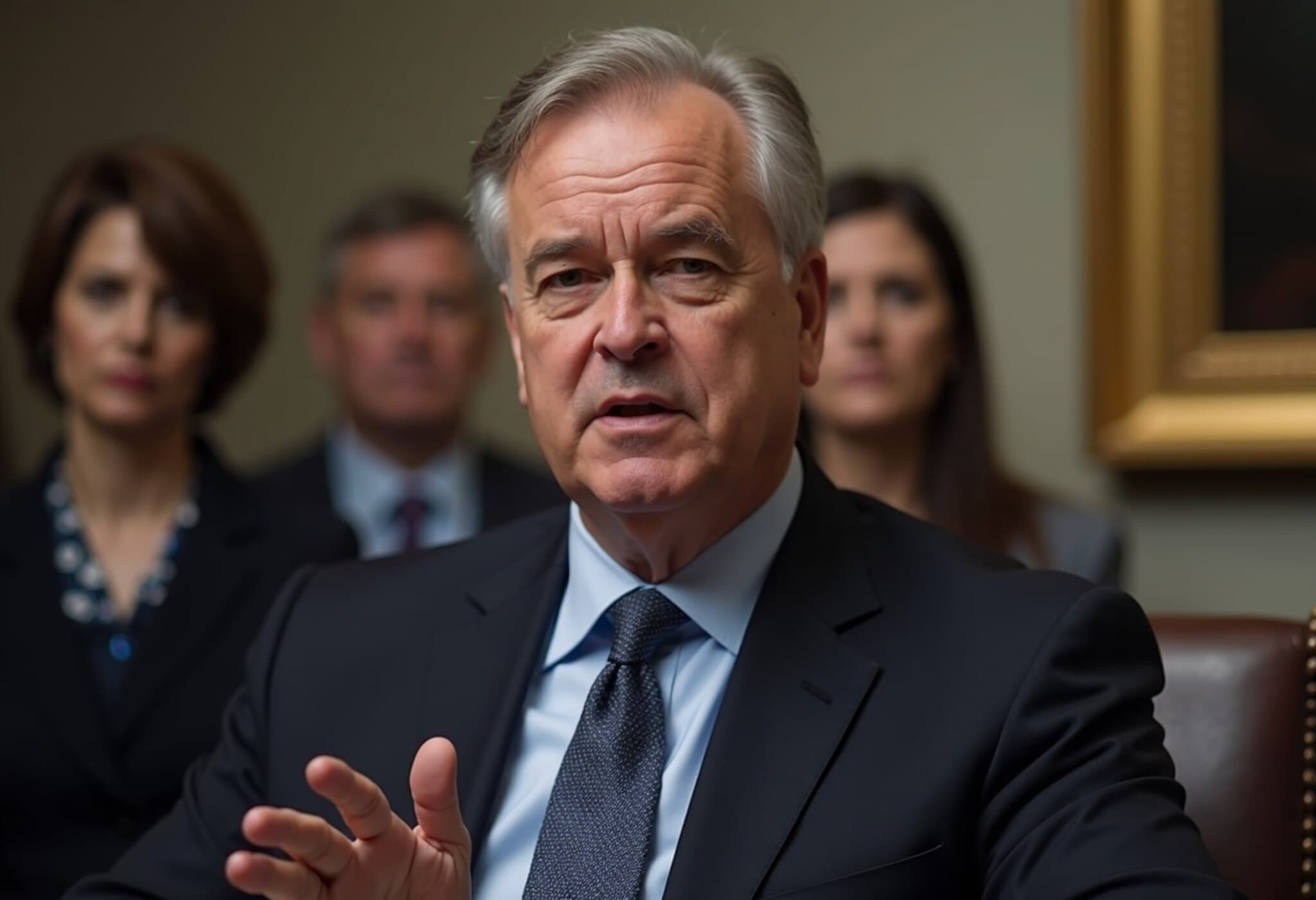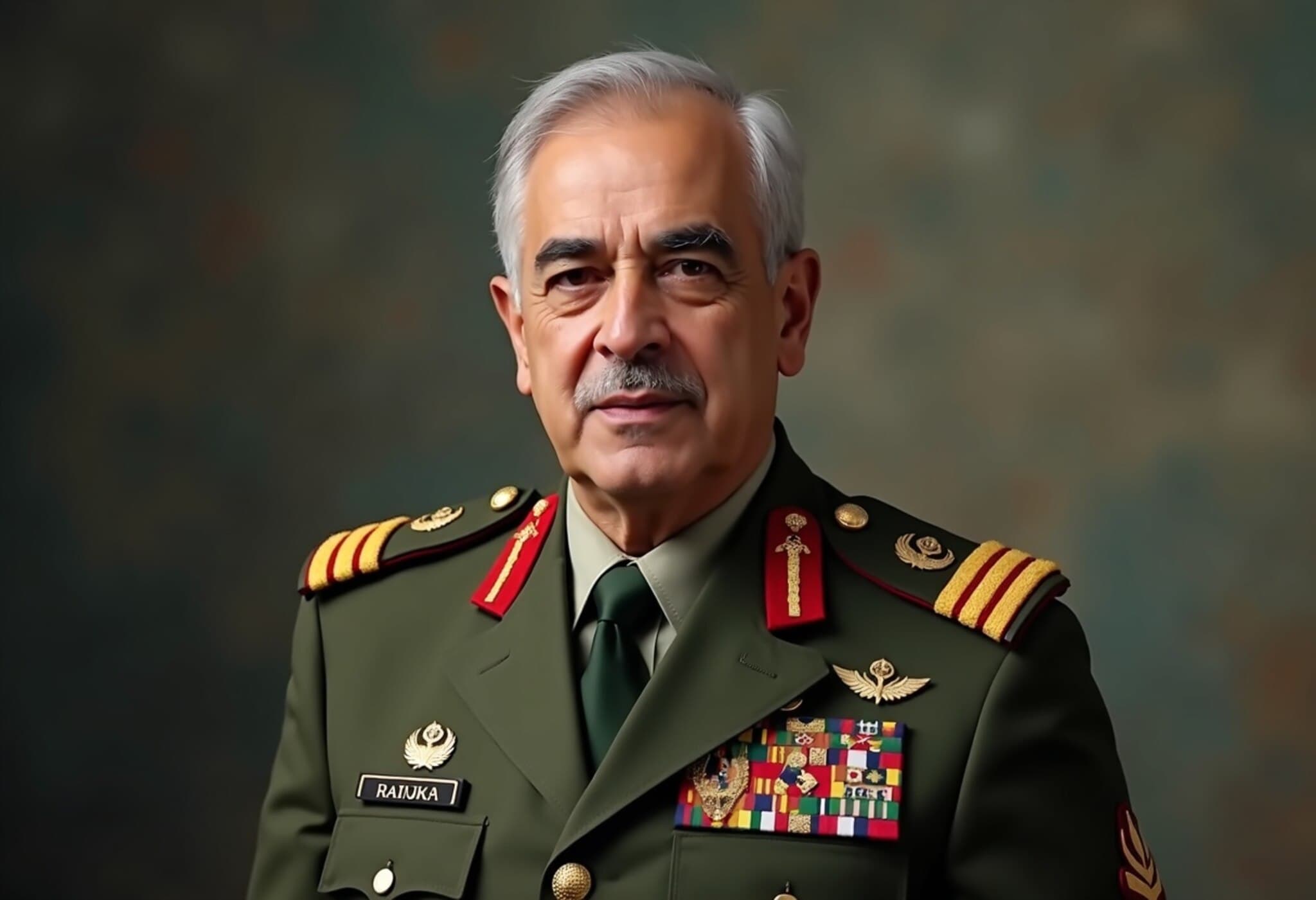Australia’s Pivotal Role in Recognising Palestine
Australia was among the earliest nations to recognise the state of Israel, a move historically tied to geopolitical alignments following Israel’s declaration of independence in 1948. However, when it comes to recognising Palestine as a sovereign state, Australia has hesitated — a position increasingly at odds with global consensus. Over 140 countries, including many United Nations members, have extended recognition to Palestine, and several close Australian allies like France, the United Kingdom, and Canada are reconsidering their stance.
Prime Minister Anthony Albanese faces growing international and domestic pressure to align Australia with this emerging consensus by officially recognising Palestine. This decision is far from symbolic; it carries profound implications for international justice, diplomatic relations, and the future of peace in the Middle East.
The Context: A Century of Unresolved Conflict
The ongoing Israeli-Palestinian conflict is one of the longest-running and most complex geopolitical struggles of our times. Dating back over a century, the promise of Palestinian statehood has repeatedly been postponed, undermined by territorial disputes, shifting political powers, and military occupation.
The last major internationally endorsed plan for a two-state solution—the 1993 Oslo Accords—has failed to materialize meaningfully on the ground. Instead, persistent Israeli expansion through settlements in the West Bank, East Jerusalem, and policies by the Netanyahu government have intensified tensions and eroded the Palestinians’ ability to exercise self-determination.
International Law and Statehood Criteria
Under classical international law, statehood requires:
- Defined territory
- Permanent population
- Effective government
- Capacity to enter into foreign relations
- Relative independence
Palestine meets most of these criteria:
- Its territory is broadly understood as the West Bank (including East Jerusalem) and Gaza, based on pre-1967 borders.
- The Palestinian population is substantial and cohesive, including residents and refugees.
- Despite political fragmentation, Palestine maintains diplomatic relations worldwide and holds UN observer status.
Admittedly, Palestine’s governance is challenged by Israeli military occupation and internal divisions — yet international law has historically adapted to complex circumstances, such as ongoing occupation.
Why Recognition Matters Now
Recognition by sovereign states, while not creating statehood per se, validates Palestine’s claim to sovereignty within the international legal framework. It strengthens Palestine’s ability to engage in diplomacy, enter treaties, and assert rights under international law.
Moreover, it raises the diplomatic and political cost of ongoing violations against Palestinians, including illegal settlements and military actions directed at civilians in Gaza—all issues that have drawn global condemnation.
The Limits of Non-Recognition
Australia’s refusal to recognise Palestine inadvertently sidelines international mechanisms promoting peace and justice. It could embolden the Israeli government’s hardline policies by diminishing external accountability, while disregarding the Palestinians’ fundamental right to self-determination.
Non-recognition also fails to address the root grievances that fuel extremism and violence in the region. As the UN Global Counter-Terrorism Strategy highlights, confronting terrorism requires addressing human rights violations that underpin conflict — and this starts with acknowledging Palestinian sovereignty.
Expert Insight: An Urgent Call for Justice
Professor Ben Saul, Challis Chair of International Law at the University of Sydney and UN Special Rapporteur on Human Rights and Counter-Terrorism, argues that recognising Palestine is a necessary step toward breaking the cycle of violence. He stresses that while a Palestinian state won't erase historical injustices overnight, it creates legal and moral pressure to end occupation and promote equality.
He points out that Israel’s expansions and the ongoing Gaza crisis demonstrate a government that no longer offers a credible path to peace. Thus, diplomatic recognition by Australia and its allies could provide the crucial leverage needed to reinvigorate efforts toward a just resolution.
What Recognition Could Mean for Australia and Global Policy
- Strengthening Australia’s role as a principled actor upholding international law.
- Aligning with international partners moving toward balanced, peaceful solutions.
- Increasing diplomatic pressure on Israel to comply with UN resolutions and respect Palestinian rights.
- Encouraging meaningful negotiations potentially restarting a two-state solution dialogue.
Editor’s Note
The debate over Australia’s recognition of Palestine transcends symbolism—it is entwined with legal, ethical, and geopolitical dimensions shaping the future of the Middle East. Recognition could serve as a critical inflection point, signaling a commitment to justice, peace, and adherence to international norms after decades of conflict. As global powers reassess their positions, the question remains: will Australia step into a leadership role that champions human rights and the rule of law, or continue a cautious stance that risks perpetuating injustice? Readers are invited to reflect on how national policies intersect with global humanitarian responsibilities in this ongoing saga.



